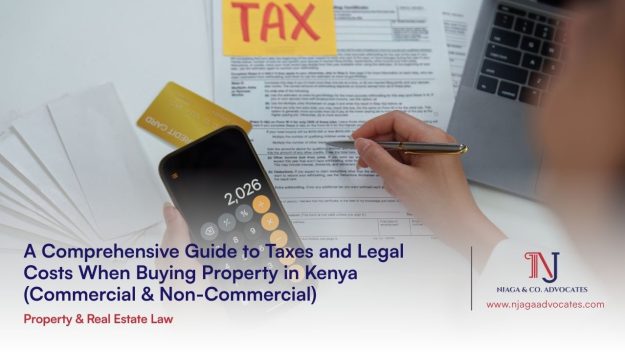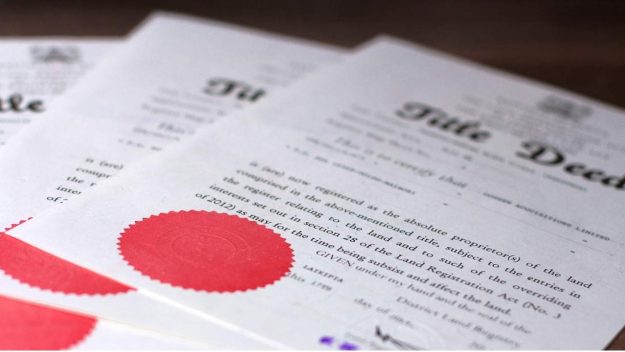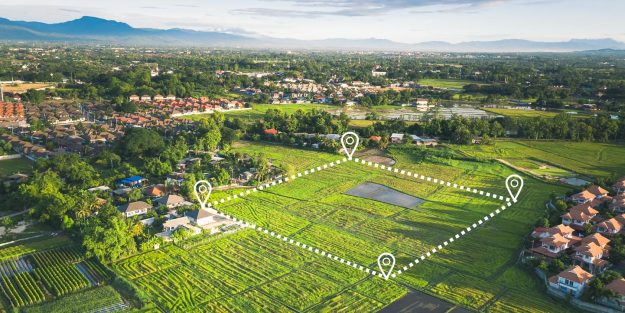Stay updated on legal frameworks, market trends, and investment strategies for navigating the real estate & property landscape.
Purchasing property in Kenya, whether commercial or non-commercial (residential), involves several taxes and legal costs that buyers must be aware of to ensure a smooth transaction and compliance with Kenyan law.
Joint ownership of property is common in Kenya, often arising from co-investments, inheritance, or marital arrangements. However, disputes may arise when joint owners cannot agree on how to manage, use, or dispose of the property—whether to sell, lease, or develop it.
Buying property in Kenya is a major financial decision requiring careful due diligence and legal expertise to navigate the complex procedures and protect all parties involved.
Due diligence is like a detective investigation to uncover any hidden problems with a property before you buy it. Conducting thorough due diligence is essential when purchasing property in Kenya.
Real estate conveyancing in Kenya follows a robust legal framework to ensure orderly property transfers and protect all parties’ interests.
In the evolving employment landscape, understanding the differences between employees, independent contractors, and gig workers is essential.
Property ownership in Kenya is categorized into two forms of tenure: Freehold and Leasehold. The distinction between these two types of ownership is significant.
Contracts form the backbone of business operations globally and in Kenya. They govern the relationship between parties, outlining their rights and obligations.
Introduction Kenya’s macroeconomic performance remains favorably stable, with significant investments in real estate, building and construction, agriculture, renewable energy, and infrastructure supporting sustained growth projections. Foreign nationals are increasingly buying homes in Kenya’s coastal towns, such as Malindi and Kilifi. These buyers are mostly Italian, Swiss, German, British, and French. Foreign nationals working in multinational…
Investing in off-plan properties has become an increasingly popular choice for real estate investors in Kenya. Off-plan properties…











